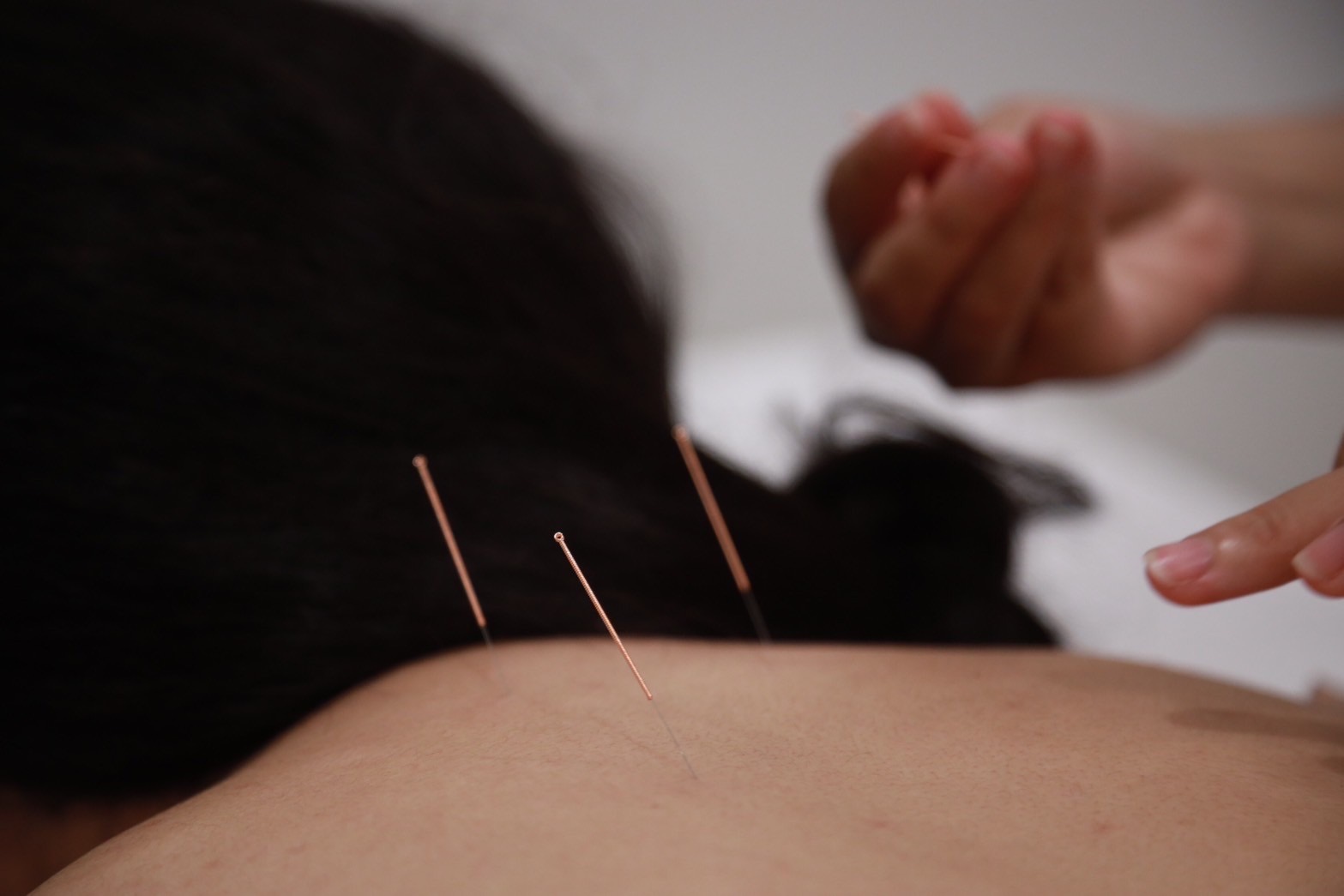
What is Traditional Chinese Medicine?
Traditional Chinese Medicine (TCM) is a medical science that originated thousands of years ago. It
uses principles of science, including observation and experimentation, to treat patients. These methods
have been documented in Chinese medical texts, passed down through generations to the present day.
TCM focuses on holistic treatment, prevention, and rehabilitation, emphasizing internal balance. The
diagnosis is made based on the analysis of disease conditions and symptoms according to TCM
principles, with treatment outcomes depending on the patient’s physical condition and the nature of the
disease.
Traditional Chinese Medicine (TCM) values natural sciences, anthropology, and sociology. The
treatment approach is holistic, viewing patients as part of nature and society. When external factors
impact the body, they can affect internal organs, leading to both acute and chronic diseases. TCM aims
to treat the root cause of the disease while also addressing the symptoms.
Ancient Chinese believed that humans are microcosms of the larger surrounding universe, and are
interconnected with nature and subject to its forces. Balance between health and disease is a key
concept. TCM treatment seeks to restore this balance through treatment specific to the individual.
It is believed that to regain balance, you must achieve the balance between the internal body organs and
the external elements of earth, fire, water, wood, and metal.
Key Concepts of Traditional Chinese Medicine (TCM)
Traditional Chinese Medicine (TCM) emphasizes 2 main concepts :
1.The Relationship Between Humans and the Environment (整体观念)
Traditional Chinese Medicine (TCM) views humans as closely connected to nature. Changes in
nature and seasons affect human physiology, as organs are linked through meridian systems. Organs
and tissues have specific functions, relying on and regulating each other, sustained by blood and Qi,
under the mind’s control to maintain normal life.A dysfunction in one organ can impact others.
2.Diagnosis and Treatment Based on Syndrome Differentiation (辨证论治)
Traditional Chinese Medicine (TCM) diagnoses and treats diseases by analyzing symptoms and
signs to identify the correct treatment approach. Different syndromes of the same disease require
different treatments. For example, the common cold may be caused by either wind-heat or wind-cold,
and the choice of herbs or acupuncture points will differ accordingly. Conversely, different diseases with
similar syndromes may be treated similarly
TCM Treatment
● Acupuncture
● Cupping therapy
● Acupressure (TCM)
● Chinese herbal medicine
● Moxibustion
